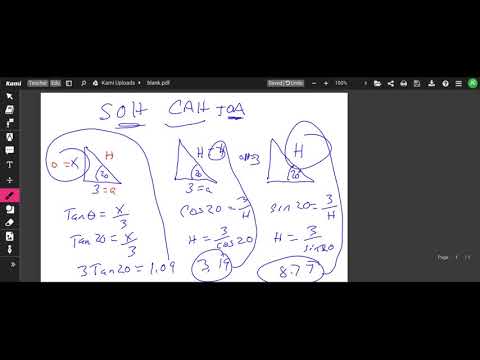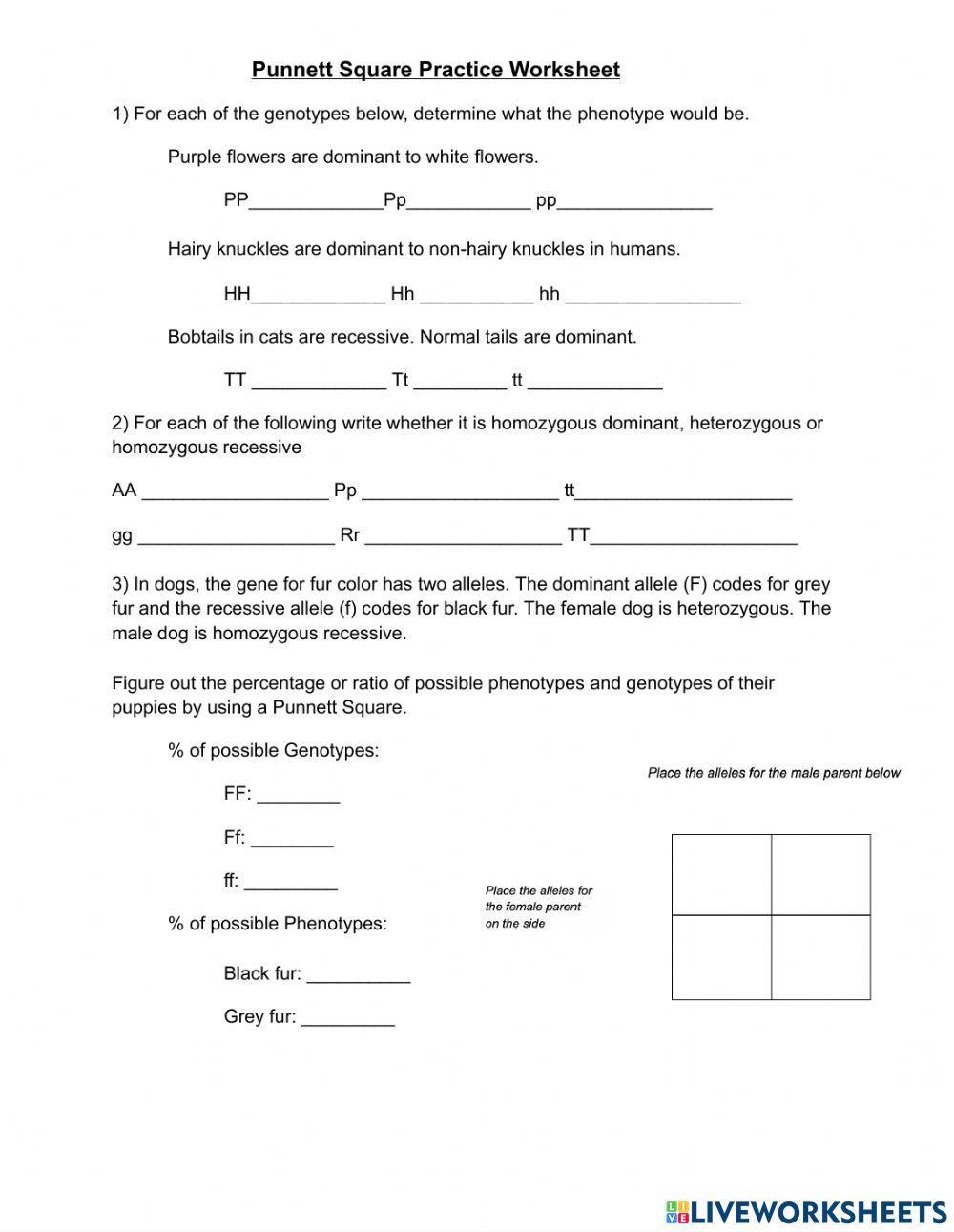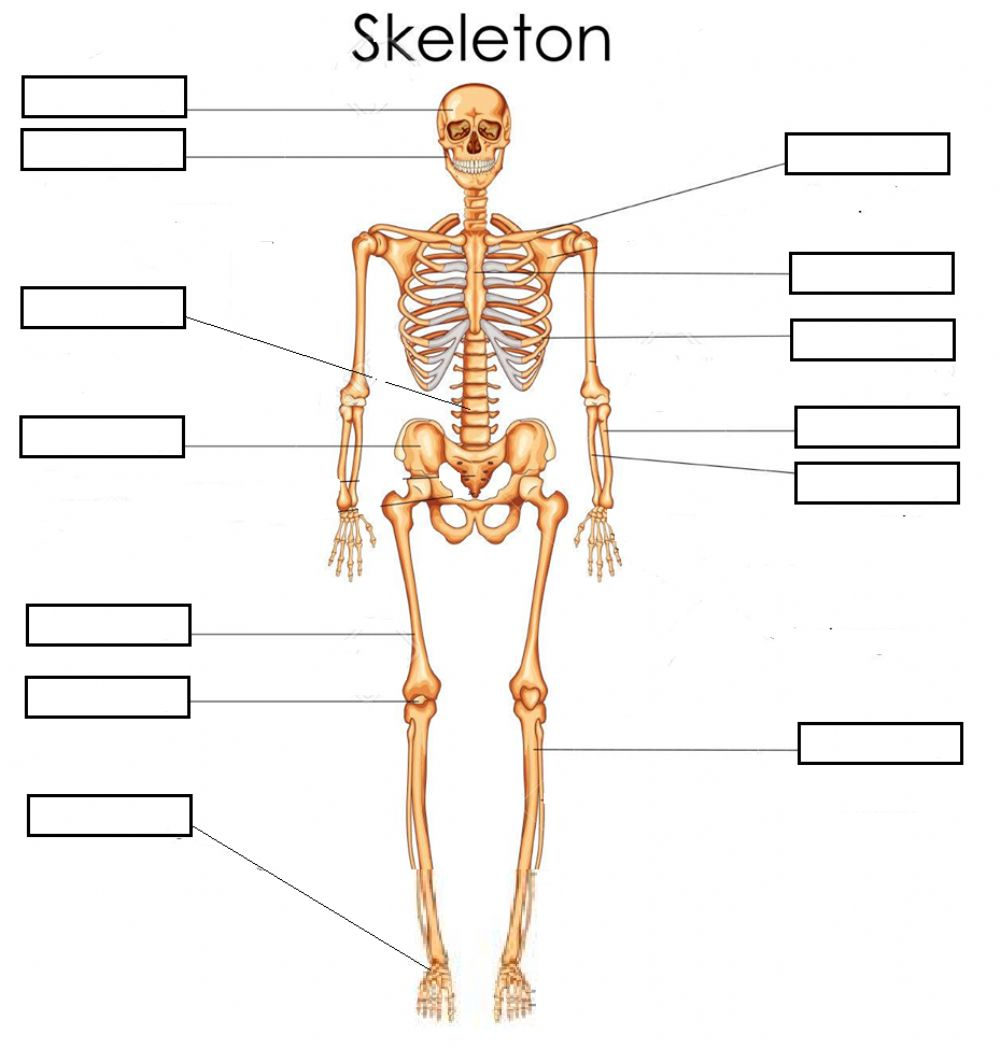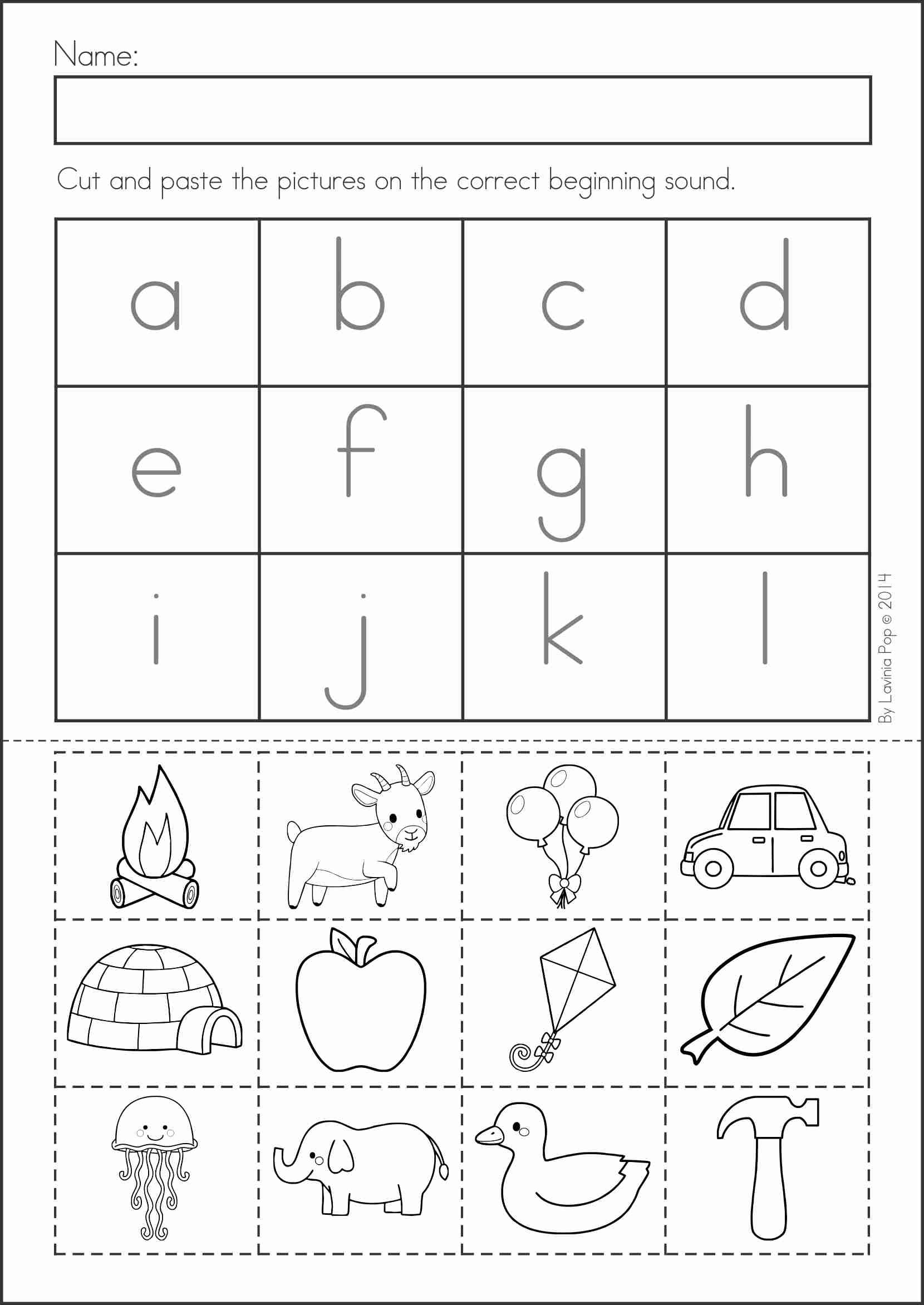5 Ways to Practice DBT Wise Mind with Worksheets

What is DBT Wise Mind?
Dialectical Behavior Therapy (DBT) Wise Mind is a concept developed by Marsha Linehan, the founder of DBT. It refers to the integration of two opposing states of mind: the reasonable mind and the emotional mind. The reasonable mind is logical and rational, while the emotional mind is intuitive and feeling-based. Wise Mind is the state of being where these two minds are balanced and working together, allowing individuals to make wise decisions and respond to situations effectively.
Benefits of Practicing DBT Wise Mind
Practicing DBT Wise Mind can have numerous benefits, including:
- Improved emotional regulation
- Enhanced decision-making skills
- Increased self-awareness
- Better relationships
- Reduced stress and anxiety
5 Ways to Practice DBT Wise Mind with Worksheets
Here are five ways to practice DBT Wise Mind using worksheets:
1. Identifying Emotional and Reasonable Mind
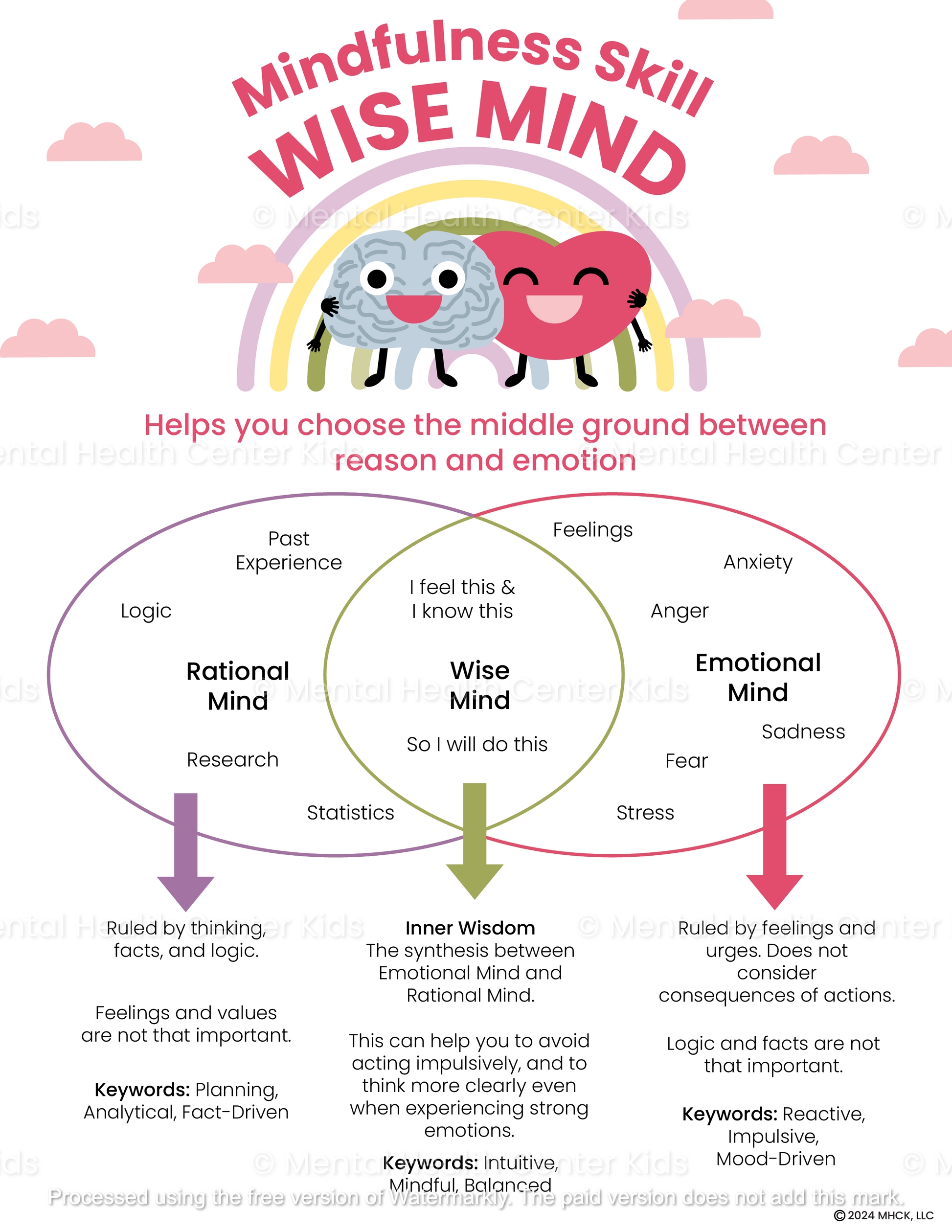
| Situation | Emotional Mind | Reasonable Mind | Wise Mind |
|---|---|---|---|
| Example: A friend cancels plans at the last minute | I feel angry and hurt | It's understandable that my friend had to cancel, these things happen | I can acknowledge my feelings and still be understanding |
| Example: I receive a criticism at work | I feel defensive and want to argue | I can learn from this feedback and use it to improve | I can take a step back, listen to the feedback, and respond thoughtfully |
By identifying and labeling your emotional and reasonable mind, you can begin to integrate them into a Wise Mind.
💡 Note: This exercise helps you become more aware of your thoughts and emotions, allowing you to respond more mindfully to situations.
2. Practicing Mindfulness
Mindfulness is a key component of DBT Wise Mind. By being present in the moment, you can reduce stress and anxiety and make more intentional decisions.
- Take a few minutes each day to focus on your breath, noticing the sensation of the air moving in and out of your body.
- Pay attention to your senses, noticing the sights, sounds, and smells around you.
- Engage in a mindful activity, such as walking or eating, without distraction.
🙏 Note: Mindfulness practices can help calm the emotional mind and increase self-awareness.
3. Examining Assumptions
Often, our emotions and behaviors are driven by assumptions that may not be entirely accurate. By examining these assumptions, you can begin to see things from a more balanced perspective.
- Write down a situation that triggered a strong emotional response.
- Identify any assumptions you made about the situation.
- Challenge these assumptions by asking yourself questions like “Is this really true?” or “Is there another way to look at this?”
Example:
- Situation: My partner didn’t call me all day.
- Assumption: They must be ignoring me or don’t care about me.
- Challenge: Maybe they were busy or had a family emergency. Maybe they just forgot to call.
💭 Note: Examining assumptions can help you see things from a more rational perspective and reduce emotional reactivity.
4. Practicing Self-Validation
Self-validation is an essential component of DBT Wise Mind. By acknowledging and accepting your emotions and experiences, you can increase self-awareness and self-acceptance.
- Write down a situation where you felt emotional or distressed.
- Identify any self-critical thoughts or statements.
- Practice self-validation by reframing these thoughts in a more compassionate and accepting way.
Example:
- Situation: I made a mistake at work.
- Self-critical thought: I’m such a failure, I’ll never be able to do this job.
- Self-validating thought: I made a mistake, but that’s okay. Everyone makes mistakes. I can learn from this and do better next time.
❤️ Note: Practicing self-validation can help increase self-esteem and reduce self-criticism.
5. Creating a Wise Mind Journal
Keeping a Wise Mind journal can help you track your progress and reflect on your experiences.
- Set aside time each day or week to write in your journal.
- Reflect on your experiences, identifying times when you felt emotional or reactive.
- Identify any patterns or triggers that may have contributed to these feelings.
- Write down any insights or observations you have about your experiences.
📝 Note: Keeping a Wise Mind journal can help you develop greater self-awareness and track your progress over time.
By incorporating these five practices into your daily routine, you can begin to cultivate a Wise Mind and improve your emotional regulation, decision-making, and relationships.
And that’s the key takeaway from this post. By practicing DBT Wise Mind, you can develop a more balanced and effective way of thinking and responding to situations.
What is DBT Wise Mind?
+DBT Wise Mind is a state of being where the reasonable mind and emotional mind are balanced and working together, allowing individuals to make wise decisions and respond to situations effectively.
How can I practice DBT Wise Mind?
+There are several ways to practice DBT Wise Mind, including identifying emotional and reasonable mind, practicing mindfulness, examining assumptions, practicing self-validation, and creating a Wise Mind journal.
What are the benefits of practicing DBT Wise Mind?
+Practicing DBT Wise Mind can have numerous benefits, including improved emotional regulation, enhanced decision-making skills, increased self-awareness, better relationships, and reduced stress and anxiety.
Related Terms:
- DBT Wise Mind Worksheet PDF
- DBT Wise Mind examples
- Wise Mind DBT
- Wise Mind exercises
- Wise Mind PDF
- DBT Wise Mind Activities
